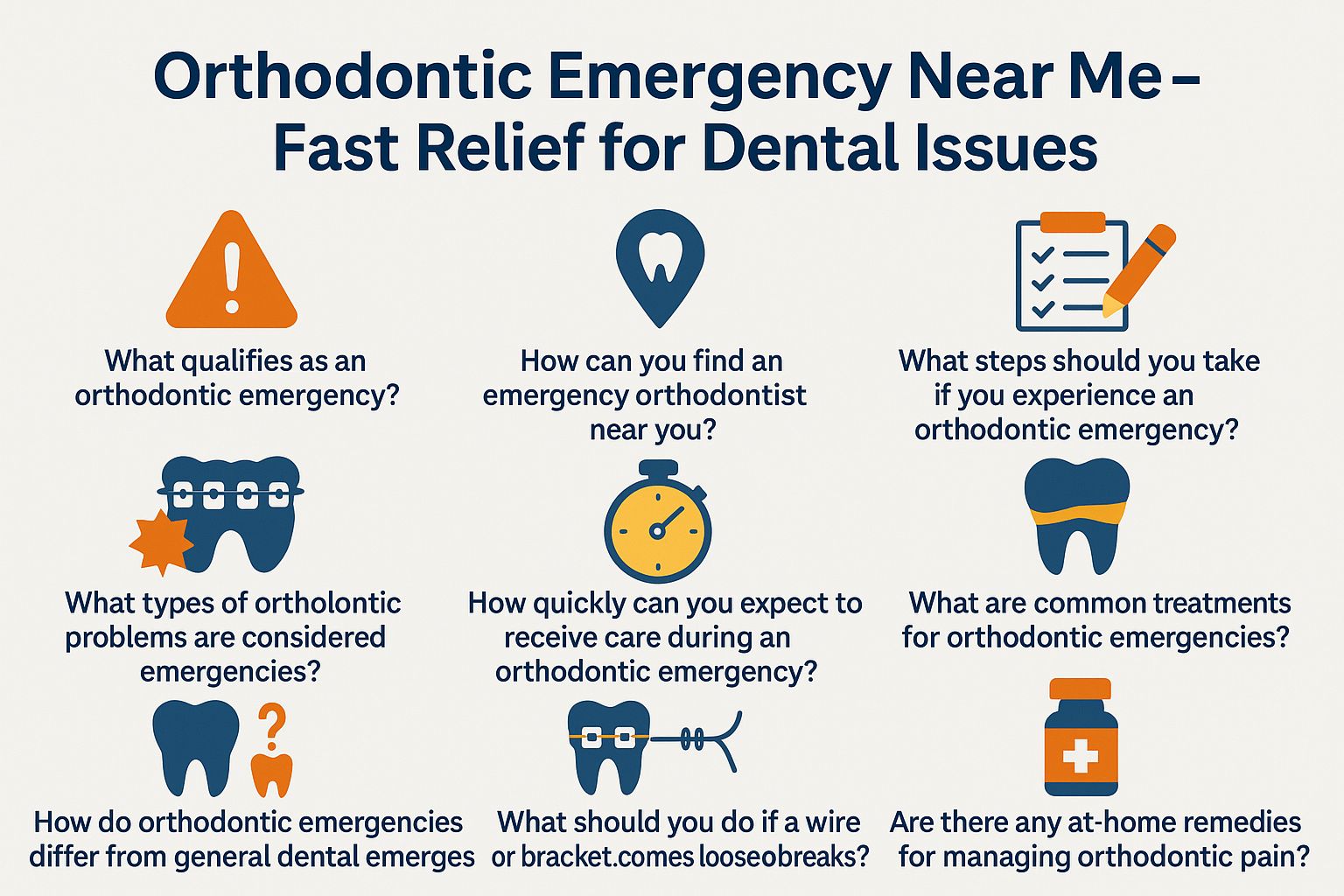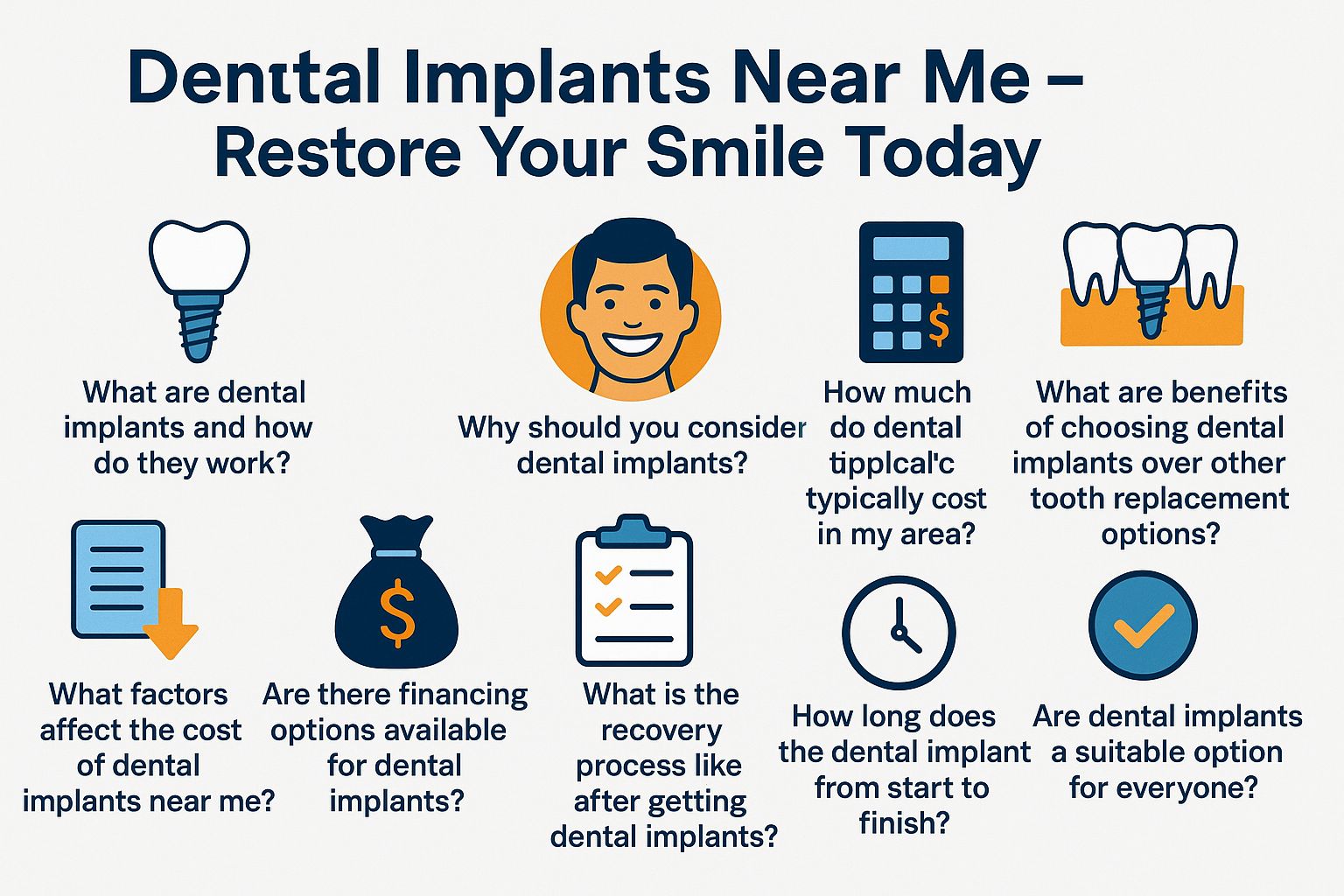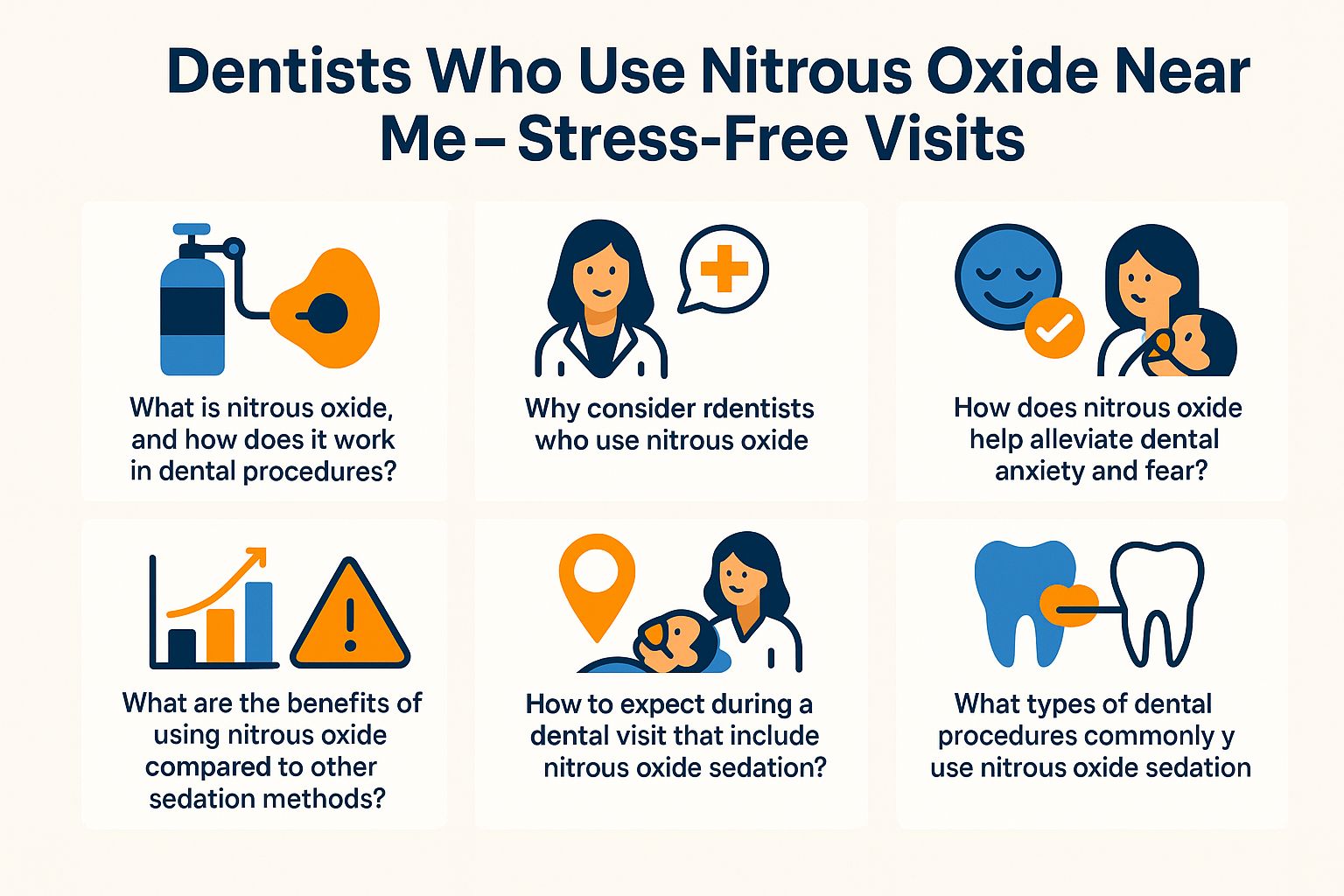
Finding empathetic dental care for patients with special needs is easy. Andover Pediatric Dentistry in Hudson, MA, is dedicated to providing just that. Special needs dentistry focuses on personalized care. It caters to each patient’s unique requirements, ensuring comfort and support during every visit.
In this article, we delve into how our experienced pediatric dentist creates a welcoming and reassuring atmosphere, turning routine dental visits into positive experiences for your family. You’ll also find key considerations to keep in mind when choosing the right special needs dentist in your vicinity.
What does a special needs dentist do?
Special needs dentists are trained to provide dental care tailored for individuals with unique needs. This specialized training sets them apart from general dentists.
These practitioners receive extra training to understand conditions like autism, Down syndrome, and cerebral palsy. They utilize techniques such as social stories to prepare patients for dental visits and create calming environments to alleviate anxiety. Their familiarity with behavioral management strategies ensures that the compassionate care provided is both effective and compassionate.
For example, desensitization techniques help patients become comfortable with dental procedures. This fosters trust between the dentist and the patient.
For example, the implementation of desensitization techniques can assist patients in gradually becoming comfortable with dental procedures, thereby fostering a trusting relationship between the dentist and the patient. Ultimately, the expertise of special needs dentists facilitates a compassionate approach and comprehensive dental care that prioritizes the emotional and dental well-being of each patient.
Why is it important to find a compassionate dentist for special needs patients?
Finding a compassionate dentist is crucial for special needs patients. It greatly influences their dental experiences and health outcomes. Research indicates that about 70% of special needs patients feel anxious during dental visits. Establishing a trusting relationship helps reduce this fear.
Dentists can use techniques like a calm tone, visual aids, and social stories to explain dental procedures. This ensures a trauma-free experience.
Dentists can implement various techniques to facilitate a more comfortable experience, such as using a calm tone, incorporating visual aids, and employing social stories to explain dental procedures, ensuring they are trauma-free. Additionally, creating a welcoming environment-complete with soothing music and flexible appointment times-can further help to alleviate patients’ anxieties and fear.
These strategies enhance the dental experience and encourage regular visits, leading to improved oral health over time.
How to find a special needs dentist near you?
You can find a dentist for special needs patients through online resources and local community recommendations.
Finding a dentist who treats special needs patients is easier with online resources and community recommendations specific to your locality.
Start by consulting the American Dental Association’s database to find specialists in your area who care for special needs patients. Additionally, consider participating in online forums such as The Mighty, where parents exchange personal experiences and recommendations for local dental practitioners.
Engaging with local support groups or organizations, including the Centers for Disease Control and Prevention (CDC), can also yield valuable insights.
Allocate 1-2 hours for research to gather information that meets your child’s unique needs and your logistical considerations.
Services Offered by Special Needs Dentists
Special needs dentists offer a range of preventive care and specialized services tailored to individuals with various conditions.
Services include preventive care like fluoride treatments and dental sealants to maintain oral health. Additionally, dentists often offer sedation options, including nitrous oxide, IV sedation, and oral sedation, to effectively manage anxiety and fear during dental procedures.
Customized treatment plans are meticulously developed to take into account any physical limitations a patient may possess.
For example, Andover Pediatric Dentistry and South Shore Children’s Dentistry are known for their commitment to creating a comfortable environment for children with special needs.
How much does dental care for special needs patients usually cost?
The cost of dental care for special needs patients varies based on the complexity of services and insurance plans.
To gain a clearer understanding of these costs, one may categorize them as follows:
- Routine check-ups ($100-$200)
- Specialized treatments ($200-$600)
- Sedation options ($200-$1,500)
Insurance coverage varies. Restoration Smiles focuses on inclusive care, while Braintree Pediatric Dental Associates offers tailored services for unique needs.
It is essential for caregivers to communicate with their insurance providers to ascertain which services are covered, thereby ensuring that patients receive both necessary and affordable dental care.
What should you look for in a dentist who specializes in care for special needs individuals?
When selecting a dentist for individuals with special needs, it is crucial to consider specific qualifications and experience that ensure the delivery of high-quality, patient-centered care. It is advisable to look for five critical attributes when making this important choice:
- First, confirm that the dentist possesses specialized training in developmental disabilities.
- Second, they should have demonstrated experience in managing conditions such as autism spectrum disorder and Down syndrome.
- Third, it is essential that they are capable of creating personalized treatment plans tailored to the unique needs of each patient.
- Fourth, seek out positive reviews from families to assess their overall satisfaction with the care provided.
- Finally, evaluate the dentist’s ability to communicate effectively with both patients and caregivers.
It is recommended to verify their credentials with the American Dental Association to ensure compliance with professional standards.
How do special needs dentists accommodate patients with different physical and cognitive challenges?
Special needs dentists use various strategies to address physical and cognitive challenges faced by their patients.
Creating a supportive dental experience requires key accommodations. Establishing a comfortable environment is of utmost importance; for instance, South Shore Children’s Dentistry employs calming color schemes and familiar personnel to alleviate patient anxiety.
Additionally, offering flexible scheduling is beneficial in minimizing wait times, thereby facilitating a smoother visit. The use of specialized tools, such as dental mirrors and toothbrushes designed for enhanced visibility and adapted toothbrushes, further contributes to patient comfort.
Furthermore, providing training for staff on specific techniques to assist individuals with disabilities ensures personalized care, thereby fostering a more inclusive and effective dental practice.
What are the benefits of choosing a local special needs dentist for your family?
Selecting a local special needs dentist offers numerous advantages, including enhanced accessibility and personalized care strategies tailored to the specific needs of families.
One notable benefit is the dentist’s familiarity with the local environment, which reduces anxiety for both the child and caregiver. Local practices, such as Dr. Hull’s in Hudson, MA, often promote stronger communication, thereby ensuring that healthcare providers are well-informed about the unique requirements of each child.
Additionally, the proximity of these practices facilitates the scheduling of routine visits, making it more convenient to maintain regular dental check-ups. Regular visits are vital for managing oral health and addressing specific challenges.
How can you prepare your special needs child for a dental visit?
Preparation is key for a positive dental experience for special needs children. Parents can use specific strategies to help.
- Begin by discussing the upcoming visit one week in advance, using clear and simple language to help the child feel comfortable with what to expect.
- Consider implementing social stories-narratives that illustrate the dental experience, including activities such as sitting in the dental chair and undergoing a check-up.
- On the day of the appointment, it is advisable to bring comforting items, such as a favorite toy or blanket, to provide reassurance.
- Schedule appointments during low-stress periods, especially when the child is well-rested, to reduce anxiety.
By following these steps, parents can greatly enhance the overall dental experience for their children.
What are common dental issues faced by individuals with special needs?
Individuals with special needs often face dental issues that differ from those of the general population. This requires specialized care.
Here are four common dental conditions to be aware of:
- Poor oral hygiene due to developmental issues and physical limitations.
- A high incidence of cavities linked to specific dietary requirements,
- Increased risks of gum disease associated with medication side effects,
- Trauma caused by behavioral challenges.
The CDC reports that individuals with disabilities are nearly twice as likely to have untreated cavities as their peers.
Customized dental care plans can effectively address these challenges through routine dental visits and check-ups, the use of specialized toothbrushes, and dietary counseling, ensuring appropriate care and maintenance.
How does sedation dentistry work for special needs patients?
Sedation dentistry offers a valuable solution for patients with special needs, facilitating trauma-free dental procedures and enhancing anxiety management.
There are three common types of sedation used in dental practice:
- Nitrous oxide
- Oral sedation
- Intravenous (IV) sedation
Nitrous oxide enables quick recovery, making it ideal for shorter appointments. Oral sedation is beneficial for those anxious about needles since it’s easy to give. IV sedation offers deeper relaxation for more extensive dental work, ensuring a trauma-free experience.
Following safety protocols is crucial. Dental assistants are trained to monitor patients closely during sedation.
Adherence to safety protocols is paramount; dental assistants are trained to monitor patients closely throughout the sedation process. For example, a special needs patient who required multiple fillings underwent treatment under IV sedation, reporting no anxiety and experiencing a smooth recovery. This case highlights the effectiveness of sedation techniques in providing a comfortable dental experience for patients with special needs.
What role does communication play in the care provided by special needs dentists?
Effective communication ensures dentists provide high-quality, patient-centered care tailored to individual needs.
To enhance communication, dentists can implement several key strategies:
- Utilize clear and simple language when discussing treatment options to minimize confusion and to consider oral health outcomes.
- Incorporate visual aids, such as charts or diagrams, to assist patients and caregivers in understanding complex information.
- Involve caregivers in treatment planning to empower them and foster collaboration.
- Encourage feedback from patients to allow them to express concerns, thereby enabling practices to customize their approach.
For example, a clinic using these methods saw a 30% increase in patient satisfaction scores, leading to better outcomes.
How can you ensure that your special needs dentist is properly qualified and experienced?
To ensure your special needs dentist is qualified, check their credentials and experience with relevant patient populations, including those with Down syndrome.
Begin by verifying their dental board certifications through your state’s dental board website, which typically maintains a comprehensive list of licensed practitioners in places like Hudson, MA and Boston.
Next, review patient testimonials on platforms like Healthgrades or Google Reviews to evaluate treatment outcomes and satisfaction.
Ask about their continuing education, focusing on courses for special needs care. Training on supporting individuals with unique needs shows their commitment to specialized knowledge.
Visit a dental office like Andover Pediatric Dentistry or Restoration Smiles. Evaluate its accessibility, comfort, and staff approachability to ensure a compassionate environment for your family.
Are there any insurance considerations for seeking dental care for special needs patients?
Understanding insurance is vital for families seeking dental care for special needs patients. Coverage can vary significantly, including for dental x-rays and IV sedation.
Start by reviewing your dental plan’s coverage details. Check if orthodontics or specific therapies are included, as these can greatly affect costs.
Inquire with your insurance provider about supplemental coverage options for sedation dentistry, which is often necessary for patients experiencing heightened anxiety.
Research local state programs for financial assistance or additional resources. The American Dental Association’s insurance help desk is a great resource for parents, providing personalized assistance and guidance in navigating these complexities.
What resources are available for families seeking dental care for special needs individuals?
Families can access various resources for dental care for individuals with special needs. Franciscan Children’s Hospital is a helpful resource.
Key resources include CDC guidelines on oral health for special needs individuals. These guidelines offer evidence-based best practices for care (see cdc.gov), as well as support from the American Dental Association. The Special Needs Dentist directory serves as a valuable tool for locating professionals who are experienced in treating these patients.
Local support groups like Autism Speaks offer workshops and guidance for families. They often collaborate with Braintree Pediatric Dental Associates and South Shore Childrens Dentistry. Additionally, the American Dental Association provides educational materials specifically aimed at assisting families in navigating dental care for special needs individuals.
Online forums help parents share experiences and tips, creating a supportive community. Utilizing these resources can enhance dental care outcomes for loved ones.
How can you build a long-term relationship with a local special needs dentist?
Building a long-term relationship with a local special needs dentist enhances your family’s care. Familiarity and comfort lead to better experiences. To cultivate this relationship, the following strategies are recommended:
- Schedule routine dental visits consistently to foster familiarity and overall health management.
- Communicate openly regarding your child’s individual needs.
- Participate in dental office events to engage with the staff.
- Provide constructive feedback about the care experience.
For example, the Johnson family visits their special needs dentist biannually. By addressing their son’s sensory sensitivities, they noticed increased comfort during appointments, resulting in an overall more positive dental experience.
Frequently Asked Questions
What is a special needs dentist and why do I need one near me?
A special needs dentist specializes in oral care for individuals with physical, developmental, or cognitive disabilities. Having one nearby ensures proper care for you or your loved ones.
How can I find a compassionate local care dentist?
Start by asking for recommendations from your primary care physician, friends, or family. You can also search online for ‘special needs dentist near me’ to find local options. Make sure to read reviews and testimonials to ensure that the dentist provides compassionate and quality care.
What types of special needs do special needs dentists serve?
Special needs dentists care for various disabilities, including physical, developmental, cognitive, and sensory processing disorders.
Do special needs dentists offer sedation options?
Yes, many special needs dentists provide sedation options to help patients with anxiety or difficulty sitting still. The dentist will recommend the best sedation option based on individual needs.
Is there a difference between a regular dentist and a special needs dentist?
Yes, regular dentists and special needs dentists differ in training and experience. Special needs dentists show a compassionate approach to care.
What can I expect during a visit to a special needs dentist?
A visit to a special needs dentist is similar to a regular visit but includes special accommodations. The dentist ensures the patient remains comfortable and calm during the visit.



